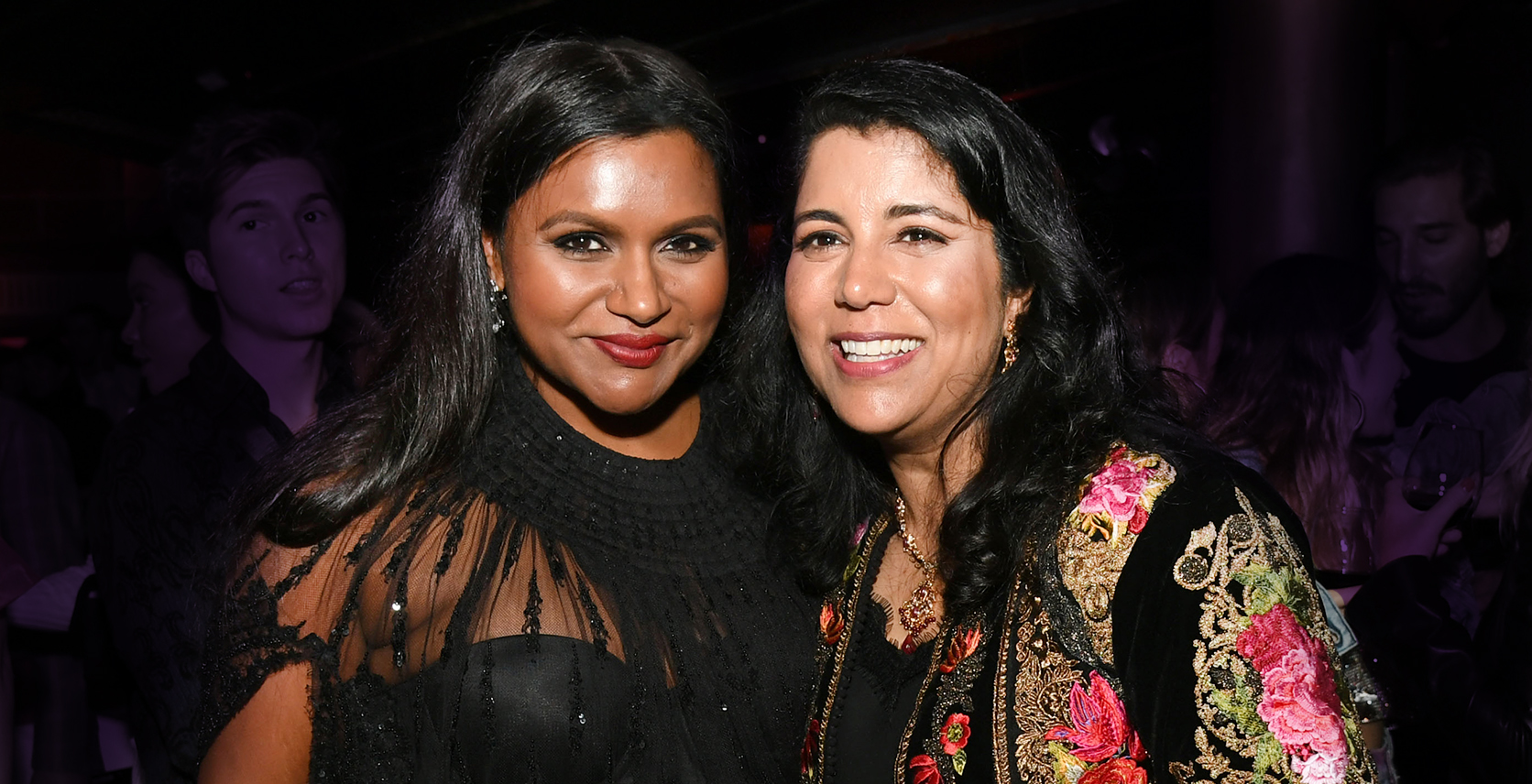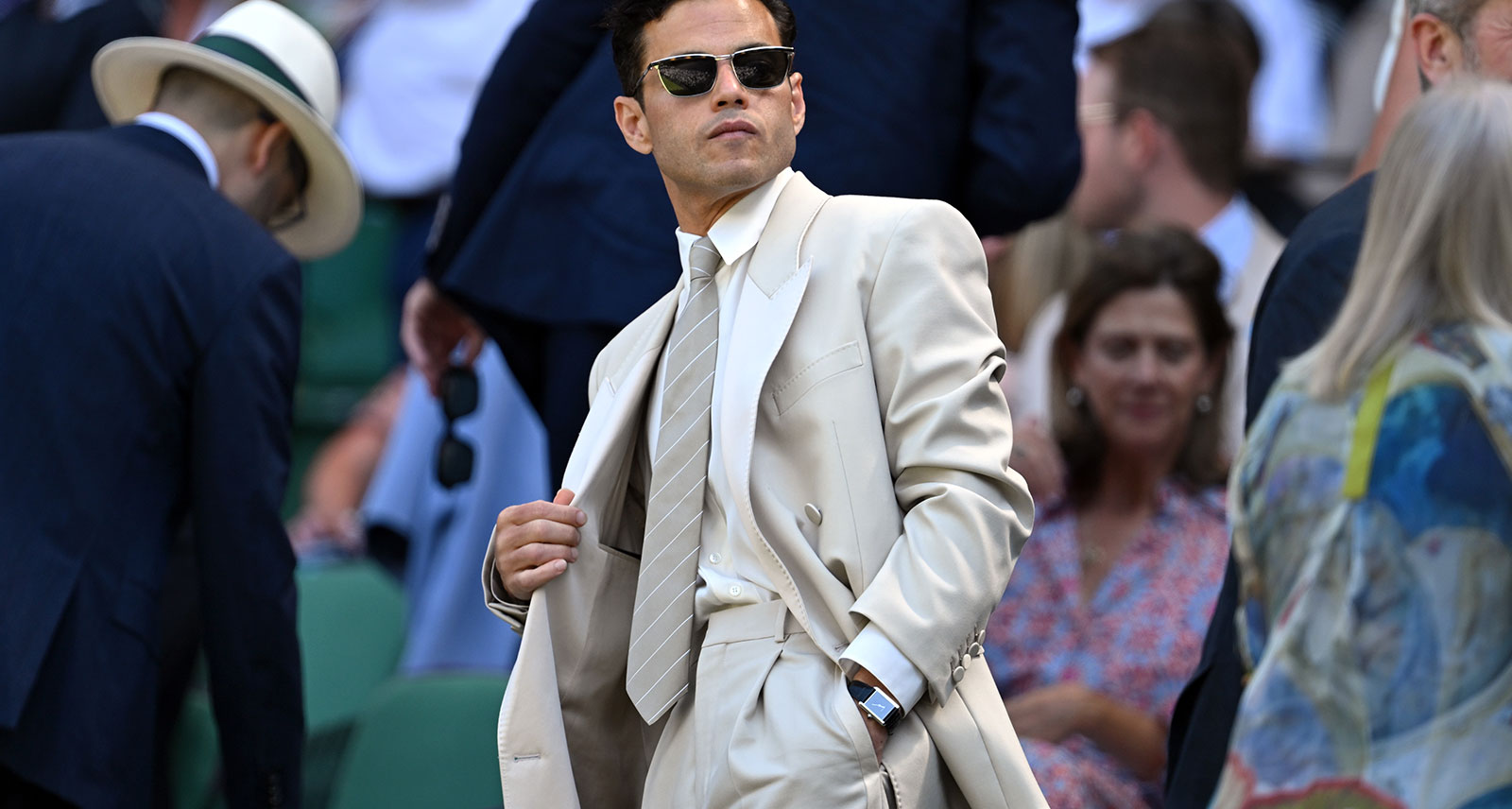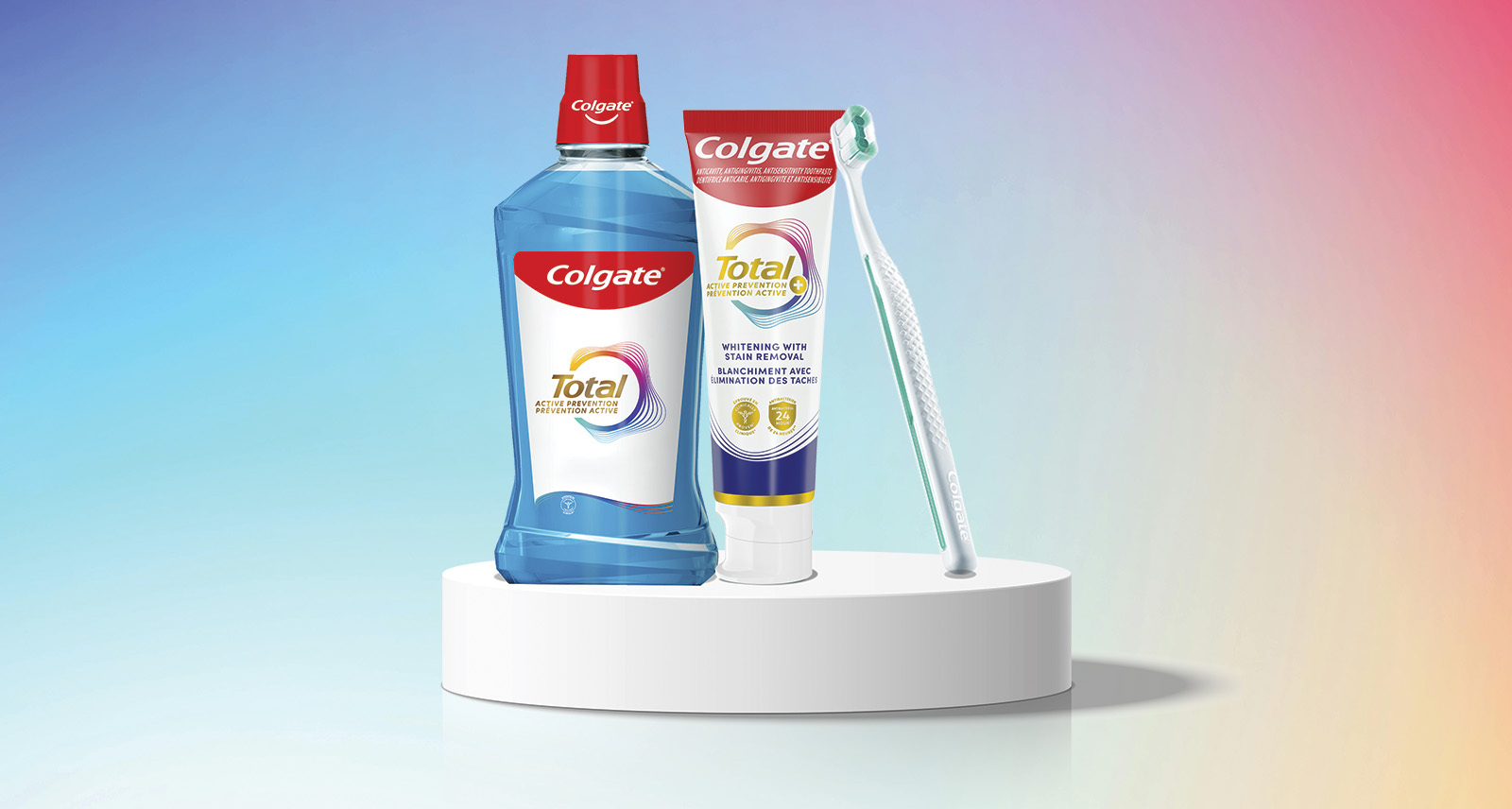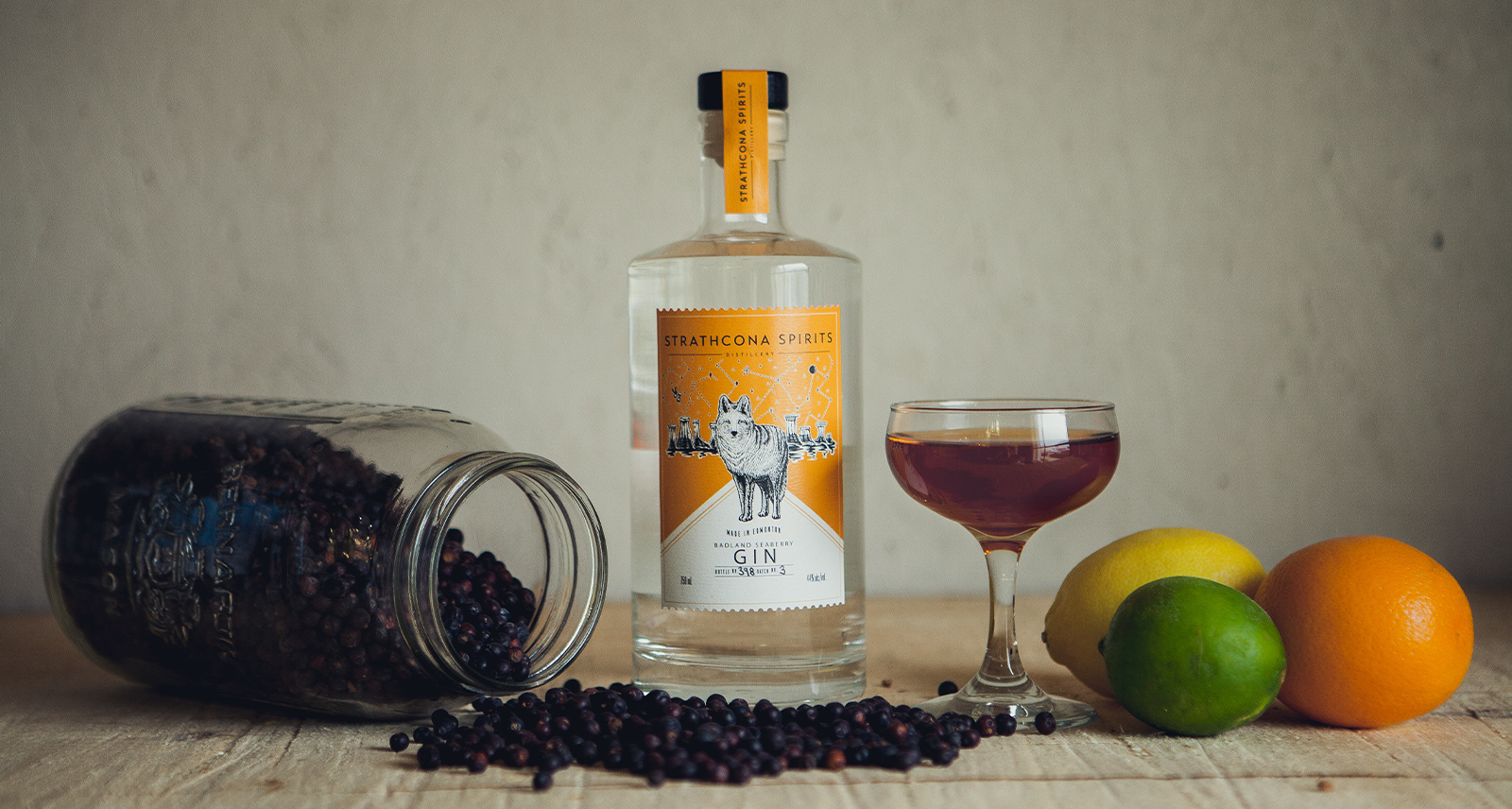‘Late Night’ Director Nisha Ganatra on Challenging the Old White Dudes of Network TV
The writers’ rooms of network television are notoriously whiter than the Oscars. Vancouver-born director Nisha Ganatra brings her experience of being the odd one out in the film world to Late Night, her fourth feature as a director. The film reunites Ganatra with writer/actor Mindy Kaling, who stars as Molly Patel, an awkwardly funny chemical plant employee and aspiring comic who lands a job on a floundering talk show when host Katherine Newberry (a deadpan funny Emma Thompson) demands the team hire a woman to freshen the material.
Late Night is a second coming for Ganatra, netting her one of the biggest deals in Sundance history 20 years after her breakthrough feature Chutney Popcorn didn’t bring the opportunities it deserved. The changing tides of one industry outpaced the sluggishness of another, though, as Ganatra helped change the game for representation on TV shows like Dear White People, Fresh Off the Boat, and Transparent (which earned her an Emmy nod) in the interim, along with The Mindy Project, which inspired Kaling to tap her to direct Late Night.
Late Night is a whip-smart workplace comedy that confronts the ongoing discussions of diversity and inclusion as Molly proves herself more than just a “diversity hire.” The film draws upon Ganatra and Kaling’s experiences as the lone women of colour on sets. It’s a timely story as the industry takes steps to accurately reflect its audience, including the announcement earlier this year that Scarborough-born YouTuber/comic Lilly Singh would replace Carson Daly on NBC’s late night slot, making her the first woman to host a major late night show on network TV since Joan Rivers’ short-lived stint in the 1980s.
We caught up with Ganatra to discuss Late Night, being the odd one out, sharing Emma Thompson’s funny bone, and pushing for change in an industry that needs it.
What made you say yes when Mindy Kaling first approached you to direct?
Well, Emma Thompson! [Laughs.] It’s also rare to read a script that you didn’t write but is your experience in the industry. I’ve always been aware of Mindy, then we worked together on her show and it was a fun time. It was really only when I read her script that I realized we had so many similar experiences in the industry. It seemed like a natural fit that we got to tell the story together.
It also took on a lot of political topics that I wholeheartedly believe in. I split my time between political activism and filmmaking and it was a fun way to bring the two worlds together. To hide all those messages in comedy is the winning recipe for the best movie for me.
Can you talk about your relationship with Mindy Kaling as a writer/director? How is it directing someone when they’re performing a part that they wrote?
I think that’s always challenging for a writer/star to trust the director and give up some of that control in order to give your full attention to acting. It takes confidence and strength to allow other people in and trust that interpretation of your story is going to be a bigger, better thing than you imagined, rather than trying to control everything and keep up on sticking to what you saw in your head. That’s my philosophy as a director as well. I always want to collaborate with people who make the movie bigger and better; otherwise, we’re just limited to what I see in my head, which is never going to be as great as what several artists coming together see together.
You started in independent film but lately you’ve worked on a lot of ground-breaking TV shows like Dear White People, Transparent, and Fresh Off the Boat that have really changed the game for representation in terms of who’s on screen as well as who is behind the camera. How did those experiences inspire your approach to Late Night?
I started in independent film and I’m new to TV, but I’d say my tastes as a filmmaker informed what television I choose to be a part of because it’s always been important for me to represent people who are not represented onscreen in the mainstream. That’s what made me become a filmmaker. When I made Chutney Popcorn, it was about getting women and Indian-Americans on the screen. It was actually a reviewer who said, “Nisha Ganatra always has diverse casts.” They said that in, like, 2003. I didn’t really think of it that way. I just thought of it as inclusion and accuracy in what I was seeing.
That must be frustrating to look back at that quote from 2003 and see where we are today.
I think we’re in a time where “diversity” is a valued buzzword and people are thinking for the first time about who’s telling the story as much as what story is being told. It’s like, finally. We really need this conversation about representation and the gaze, like the lens through which you’re seeing everything. On Transparent, when we directed the whole first season together, Jill Soloway said she wanted to reinvent cinema and wanted us to rethink everything. It really became apparent to me when I was directing. I directed almost all of the sex scenes in that season.
Right. And sex scenes have traditionally been geared towards male audiences.
Nowhere more than when you’re directing a sex scene do you become aware of how the male gaze has coopted your mind. You really have to do so much work to undo what you’ve seen before in order to bring a new way of telling those stories and portraying [sex].
I think it’s so important who is behind the camera and with Late Night, I remember one of the producers saying that all the people in the movie were going to be white. Ironically, the story of a diversity hire created jobs for a lot of white men! [Laughs.] We made this movie and Mindy had a moment where she said to me, “I’m getting some pressure. People are saying they don’t want to be the movie in 2019 that has all these white people in it and only one person of colour.” I said this is where we benefit from our experience. This is how it is. I am the only woman of colour on set many times on TV shows and she was definitely the only woman of colour in her experiences leading up to this. Because we had each other, we could say that even though it seems wrong on paper, it’s true to our experience. Diversity and inclusion aren’t about just putting people of colour in roles because you should now. It’s about accurately representing the world around us, so whether that be like the case of this film where everybody was white except for Mindy or, in most cases, showing that the world is much more multicultural than it’s been historically represented. That’s a great responsibility on both ends.
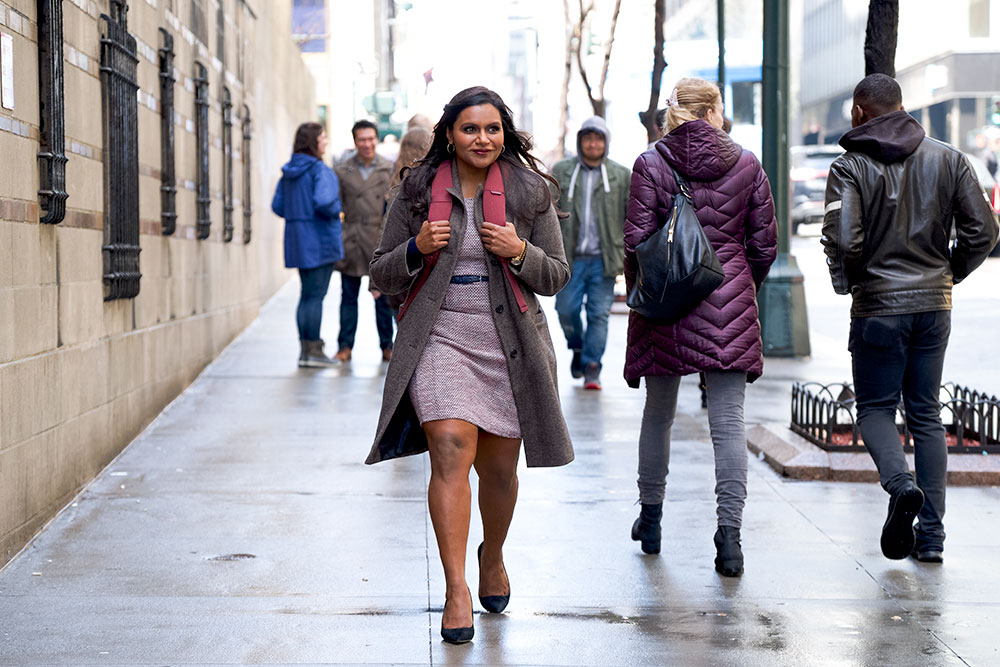
What about casting the supporting roles, like with the writers’ room being very white. How eager were actors to be in on the joke or were people reluctant to acknowledge privilege?
Everyone white person in our cast has been through this experience in one form or another. John Early, obviously, is gay, so he knows what it’s like to be on the margins. Denis O’Hare, as well, for the same reasons. Paul Walter Hauser is kind of countercultural. I think everyone except maybe Hugh Dancy has experienced what it’s like to be “othered” — actually, that’s probably not fair to Hugh. Maybe he has too in his own way, but he’s just so beautiful and perfect. [Laughs.] The interesting thing is that everyone can relate to the story of wanting to be in this industry so badly and not having any way in, except for Emma [Thompson], whose parents were actors, but she didn’t achieve the incredible career she has without working for it.
Everyone can relate to the feeling of being outside and wanting to be in. That’s what I focused on. It was told through this lens of Mindy being a diversity hire but every one of those guys in that room felt like an outsider. During rehearsals and character work, I tried to make each actor find the piece of them that identified with being the diversity writer in the room or being a person who felt like they didn’t think didn’t belong there and that they were lucky to be there. When you tap into that insecurity of each character, that makes it more universal. All the actors really brought that to the forefront of their characters. When you’re watching, it doesn’t seem like this monolithic room of white dudes being dicky to her.
How does Late Night engage with the role of allies?
I really worked hard with each of them [the actors playing the writers] to create their characters and their performances so specifically. Each one has a moment where when I cut to them and you see them as Mindy’s allies, even when they don’t seem like they would be right then. The very first shot of them in the movie, they all turn at the same time. She experiences them as a group and they experience her as singular. As the movie progresses, she works her way into their shots and they work their way into her shots and I parallel that with Emma, too. The first time Emma goes to meet the writers, she sees them as a monolithic group just staring at her from her point of view at the end of the table. I drew parallels visually so that, by the end of the movie, you feel like they relate to each other.
In terms of the visuals, Emma Thompson’s wardrobe is fantastic in terms of how it shows her character arc. Can you talk about developing that look with your designer?
I had this brilliant costume designer, Mitchell Travers, and we collaborated with Emma on this vision. My first thought was to ask what a female talk show host would wear. These men all wear suits and their personalities come through in ties, but what do we do with a woman? We started there and then Emma talked about her friend Stella McCartney and Mitchell developed this play on menswear. They really fit with her character in terms of what sacrifices she made to be the first and only female talk show host in a man’s world. A lot of it was her femininity.
She really shows off her ability to juggle comedy and drama in the big #MeToo moment towards the end of the film. I read that the film was written before the #MeToo movement, but how did that shape the execution of that scene?
Well, it was and it wasn’t. Mindy wrote the original draft years ago, but as we were developing it, we worked the #MeToo movement and everything currently happening into the script. We did rewrite that monologue and [Katherine’s] acknowledgement of it because we had be current. As we were shooting, things were changing so fast that we just kept fluid and kept working what was happening in society into the script. It’s sad that this stuff is still relevant. I hope that one day this film is a nice time capsule of a movie and not have things be so sadly current and relevant.
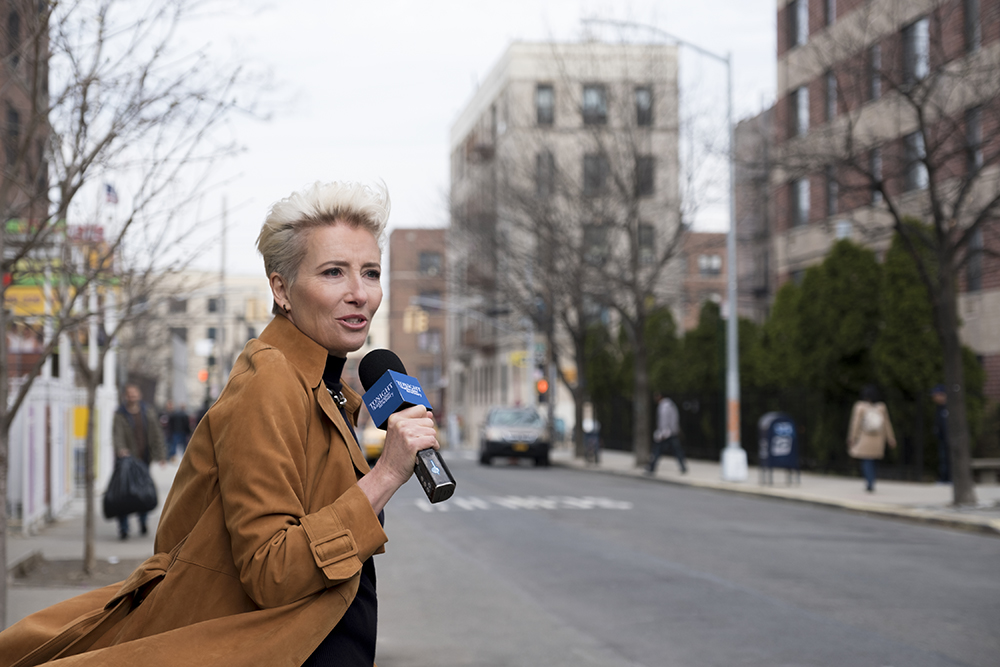
That’s a fair point, but also with Mindy Kaling starring in Ocean’s 8, that film received some backlash as an all-female reboot, just like Ghostbusters did. How did that affect your film? I assume you would have been in production at the time of that film’s release.
I started my career in indie film doing all-female films, so I think I have a blinder about it. I didn’t really think too much about it. I didn’t let it affect me.
How is it being a Canadian working in the USA?
I’m Canadian, but the weird thing is that it seems like this issue of hiring women directors wasn’t a thing in Canada. Correct me if I’m being naïve, but I never had trouble getting work in Canada. I was born there and we moved pretty early, and then I’d come back every summer. It would strike me that we’d be driving and I’d see billboards with Sikh people and billboards with Indian people holding chutney. That doesn’t exist in America. It’s a weird thing: you don’t exist here because you don’t exist in the media and no one is trying to market to you or sell anything to you by using anyone who looks like you. It’s a very weird thing to be so close to Canada and yet have it be so completely different in terms of representation of a multicultural society.
It’s been a little over a year since Frances McDormand drew attention to the role of inclusion riders in contracts. Have you seen any improvement in this regard?
Obviously, America is diverse — it just denies it in a strange way when it comes to portrayals. So, the inclusion riders and all of that, it’s bittersweet. People have talked about diversity here as long as I can remember, but I remember about 10 years ago saying that if everybody was serious about diversity, I wouldn’t be out of work right now. How could this be true that everybody wants to hire women, wants to have people of colour, wants to hire gay and lesbian people…and yet I am all three and I can’t get a job! It’s like that outside of Canada, but in Canada, I can always make a movie. I could always be taken seriously about my career.
I do feel like now all that lip service is actually being put into action. It’s mostly anecdotal, but I see friends who make their first film and get to make another film. Late Night went to Sundance and now I’m making my first studio film [the music industry drama Covers starring Dakota Johnson and Tracee Ellis Ross]. That was my dream when Chutney Popcorn went to Sundance and the festivals. I really thought I’d get my break. I saw that happen for all of my male colleagues and very few of my female colleagues. Now I see friends doing their first movies and getting to direct first episodes and the wait time between opportunities is shorter. That feels like progress. Statistically, we are still in a heartbreakingly backwards place that needs to move faster. Change does not come fast enough.
